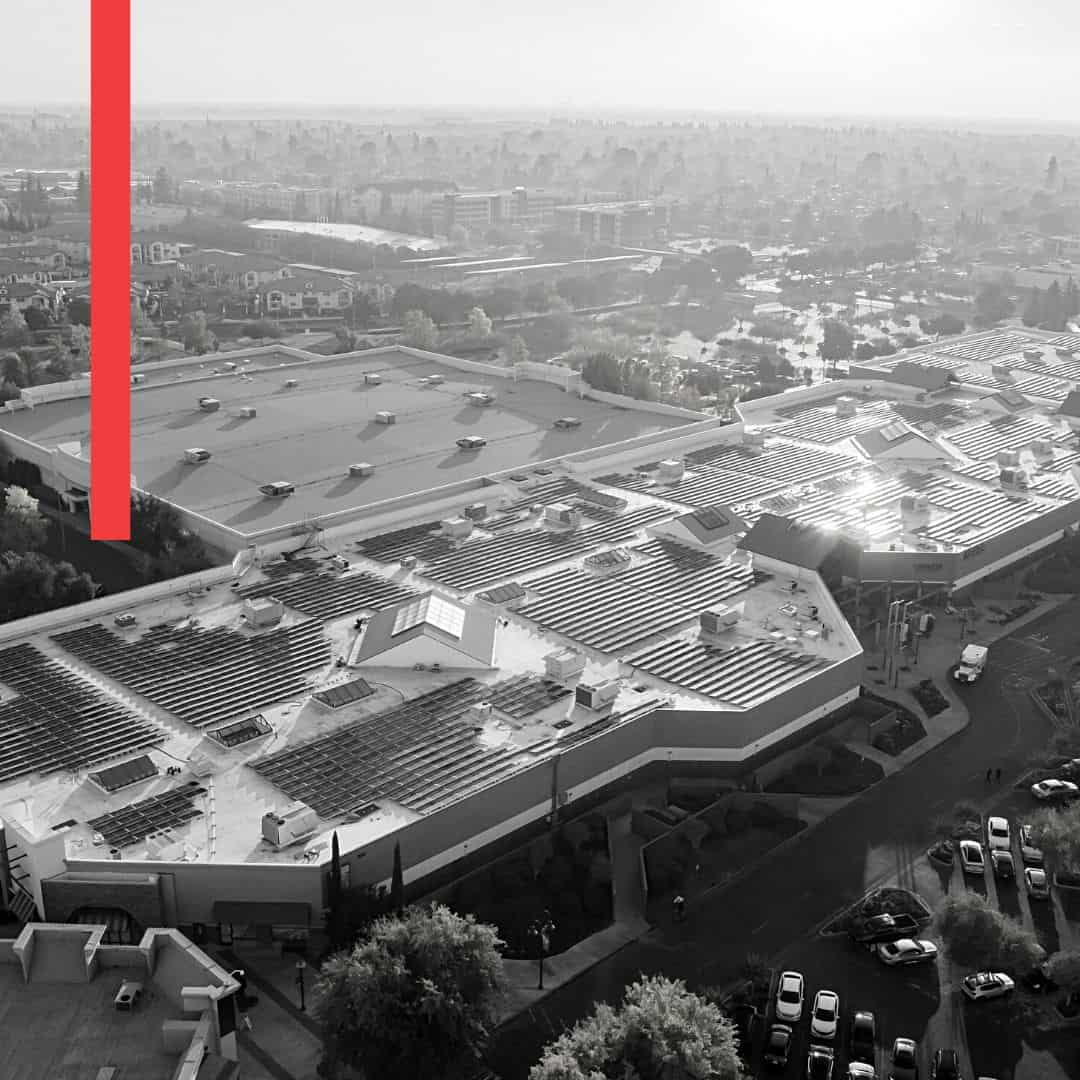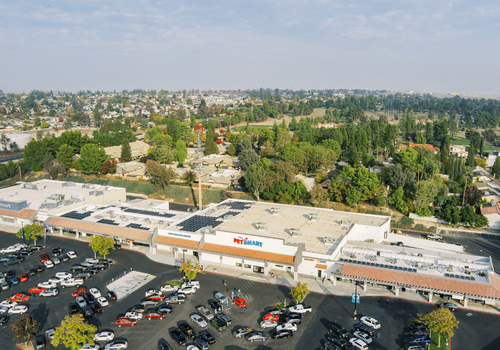Thinking about putting solar on your commercial building?
As a commercial property owner, you may be considering solar for your building. Not only is solar energy a clean and renewable resource, but it can also provide a number of benefits for your tenants. That being said, it’s important to make the transition to solar energy smooth and beneficial to your tenants. Here are some tips for building a successful solar program by focusing on your tenants:
1. Communicate with your tenants about the solar program
Before you build anything, it’s important to inform your tenants about the solar program and how it will affect them. This can include sharing information about the benefits of solar energy, such as lower energy bills and a more sustainable building. It’s also a good idea to give your tenants a timeline for the transition and any updates or changes they can expect.
2. Offer incentives for participating in the solar program
One way to encourage your tenants to participate in a solar program is by offering incentives. This can include discounts on energy bills or other perks, such as access to electric car charging stations. By offering incentives, you share in the value of solar with the tenants.
3. Understand your tenants’ needs
Consider your tenants’ needs when designing the solar program. For example, if your tenants have concerns about the appearance of the solar panels, you may want to consider more aesthetically pleasing options, such as roof-mounted panels versus carports which may block signage. Different tenants also have very different energy needs. For example, a nightclub cannot benefit from solar without batteries. Grocery stores consume a lot of energy but usually enjoy reduced rates from the utility which may make any incentives you offer less attractive. A yoga studio would love to tell their clients that they were able to “go green” thanks to your program.
Different tenants can have very different energy needs.
4. Provide education and resources for your tenants
Many tenants will not be familiar with solar energy and how it works. By providing education and resources, you can help your tenants understand the benefits of solar energy and how they can take advantage of it. This can include information about the solar program, energy conservation tips, and resources for monitoring their energy usage. Be prepared for questions like, “Will my lights dim on a cloudy day?” and “where does the energy come from after the sun sets?”
5. Offer flexibility in the solar program
It’s important to be flexible and open to feedback from your tenants about the solar program. This can include offering multiple options for participation, such as a shared solar program or a solar program that just benefits the common areas and HVAC costs. By offering flexibility, you can ensure that the solar program is tailored to the needs and preferences of your tenants.
Implementing a commercial solar program can be a great way to reduce energy costs, improve sustainability, and provide a number of benefits for your tenants. By following these tips, you can make the transition to solar energy as smooth and beneficial as possible for your tenants.
However, there may be a better way.
Running a DIY solar program on a multi-tenant commercial building is a lot of work.
The simple truth is that running a DIY solar program on a multi-tenant commercial building is a lot of work. King Energy does it all for you with our turnkey solution. In fact, we go one step further. We will simply rent the roof from you as a cell tower owner might. You don’t have to do anything except enjoy the benefits of increased rental income and a terrific value-added service to your tenants. If you’re interested in solar but don’t want the hassle of running your own program, then talk to us. You’ll be impressed how much rental income you can make without any capital investment, liens, or program costs.

